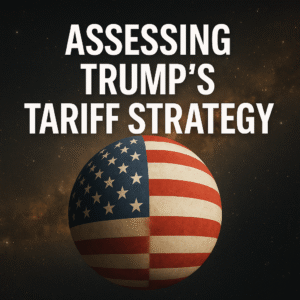Geopolitical Briefing: Central Asia
11 May 2025
- China-Central Asia trade reached a record $95 billion in 2024, underscoring deepening economic ties. (Special Eurasia)
- Kyrgyzstan increased defense spending and security force salaries, signaling a move towards greater self-reliance. (The Times Of Central Asia)
- The EU and Central Asian nations concluded a new strategic partnership, focusing on trade and connectivity. (euronews)
- Tajikistan’s infrastructure projects, including the Pamir Highway, highlight China’s expanding influence in the region. (The Times)
- The IMF projects sustained fiscal spending on defense and infrastructure in Central Asia, with growth expected to moderate. (IMF)
The recent China-Central Asia Foreign Ministers’ Meeting in Almaty highlighted the strengthening economic ties between China and Central Asian countries, with trade reaching a record $95 billion in 2024. This deepening relationship aligns with China’s Belt and Road Initiative, reinforcing its strategic foothold in the region.(Special Eurasia)
In a move towards bolstering national security, Kyrgyzstan has ramped up defense spending and increased salaries for its security forces. This initiative reflects a broader trend among Central Asian nations to enhance self-reliance and reduce dependence on external military support. (The Times Of Central Asia)
The European Union and Central Asian countries have finalized a new strategic partnership aimed at enhancing trade and connectivity. This agreement signifies the EU’s intent to play a more active role in Central Asia’s development, offering an alternative to existing alliances and fostering diversified economic growth. (euronews)
Tajikistan’s ongoing infrastructure developments, notably the expansion of the Pamir Highway, underscore China’s growing influence in the region. These projects not only facilitate trade but also integrate Tajikistan more closely into China’s economic orbit, potentially shifting traditional alliances. (The Times)
The International Monetary Fund’s latest outlook indicates that Central Asian countries are expected to continue substantial fiscal spending on defense and infrastructure. While this may strain fiscal balances in the short term, such investments are anticipated to support long-term economic stability and growth. (IMF)


